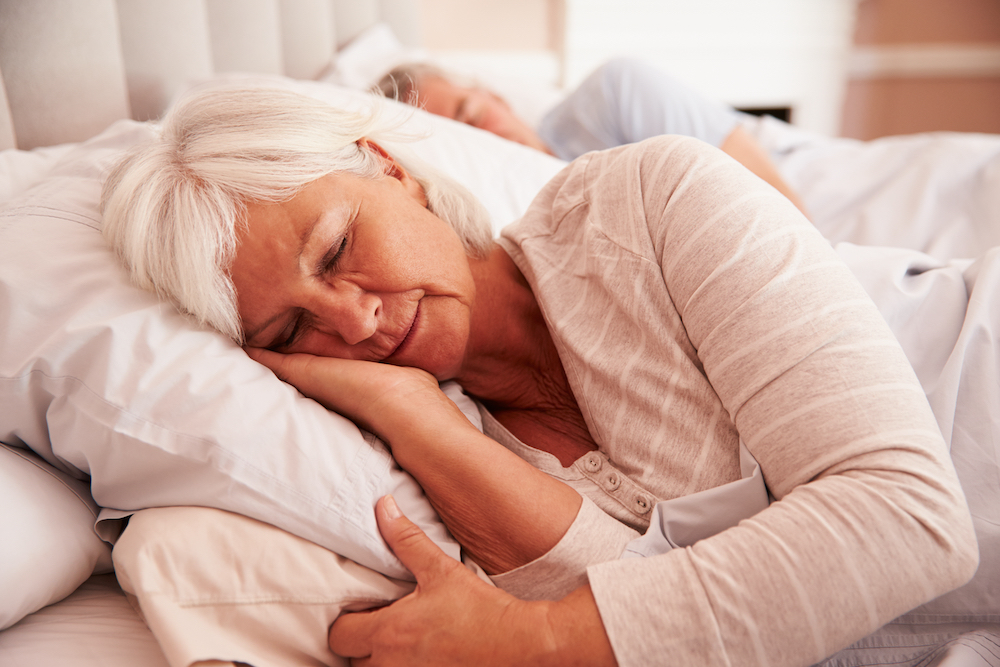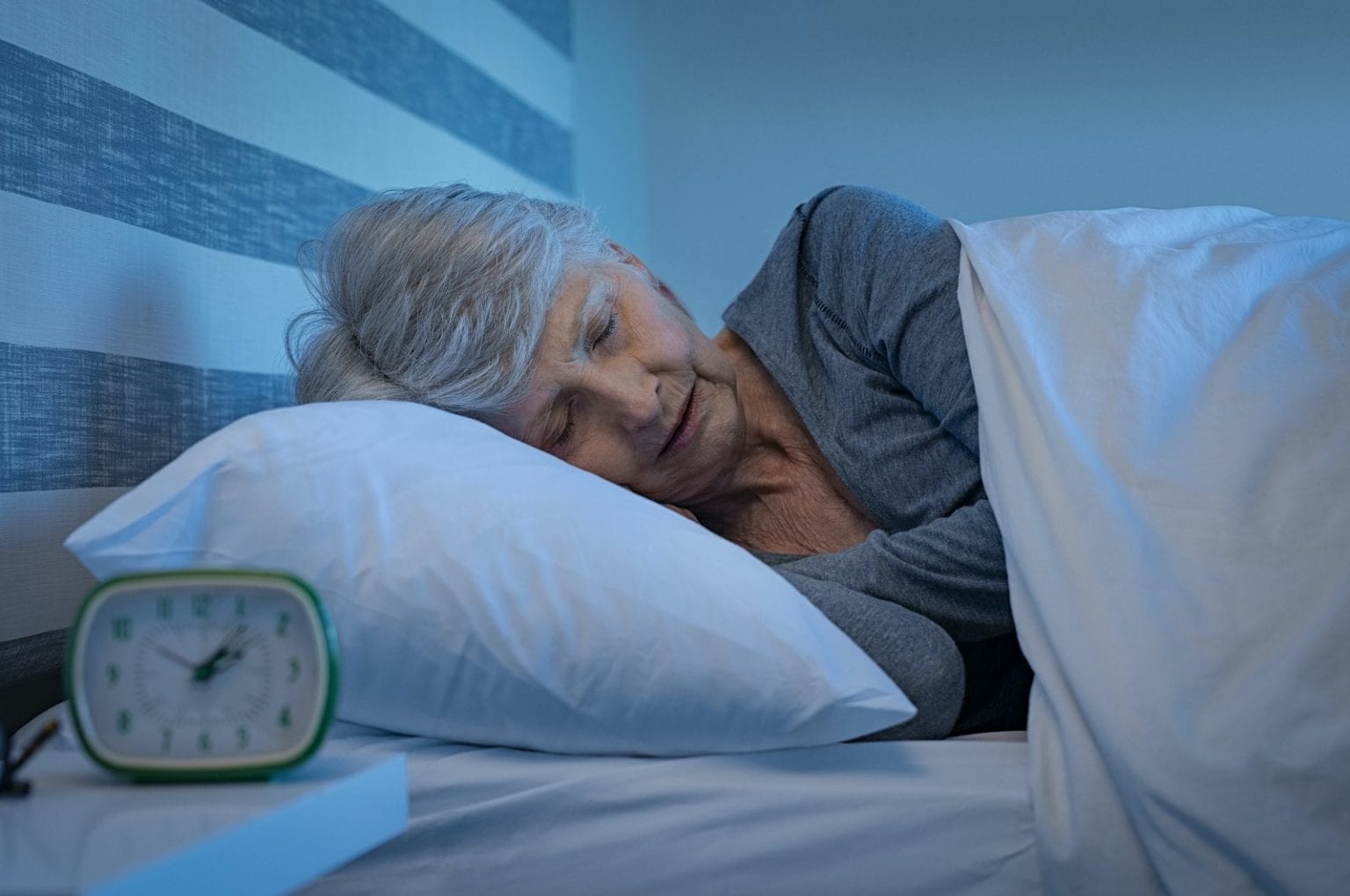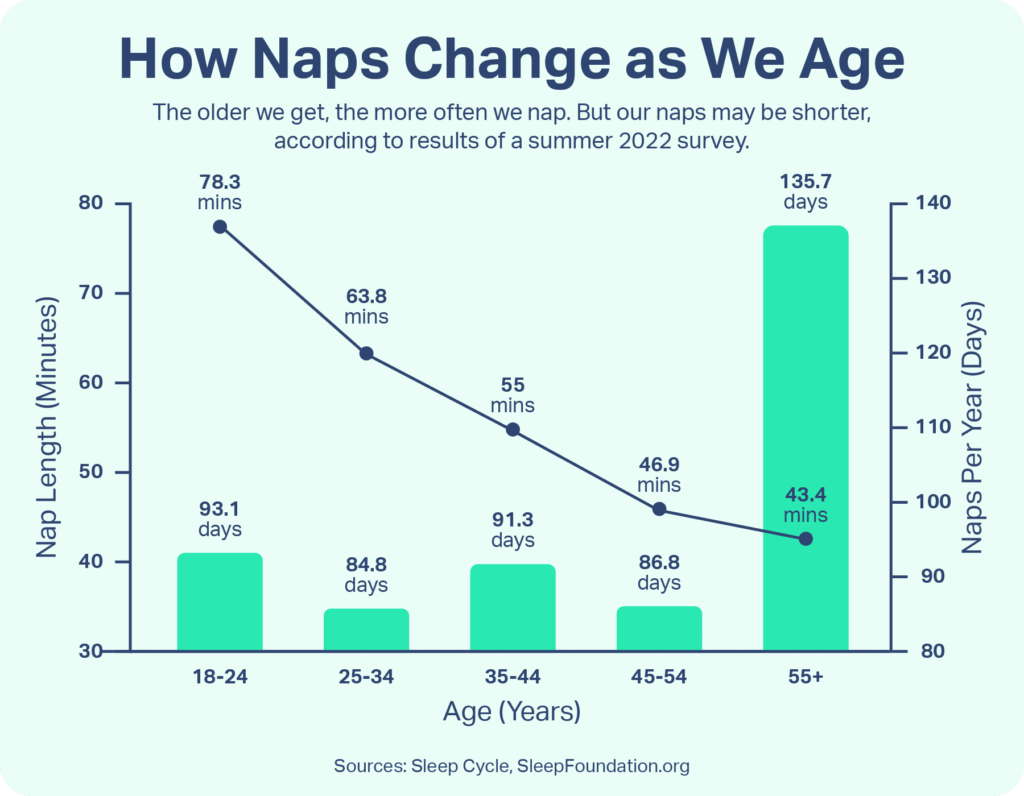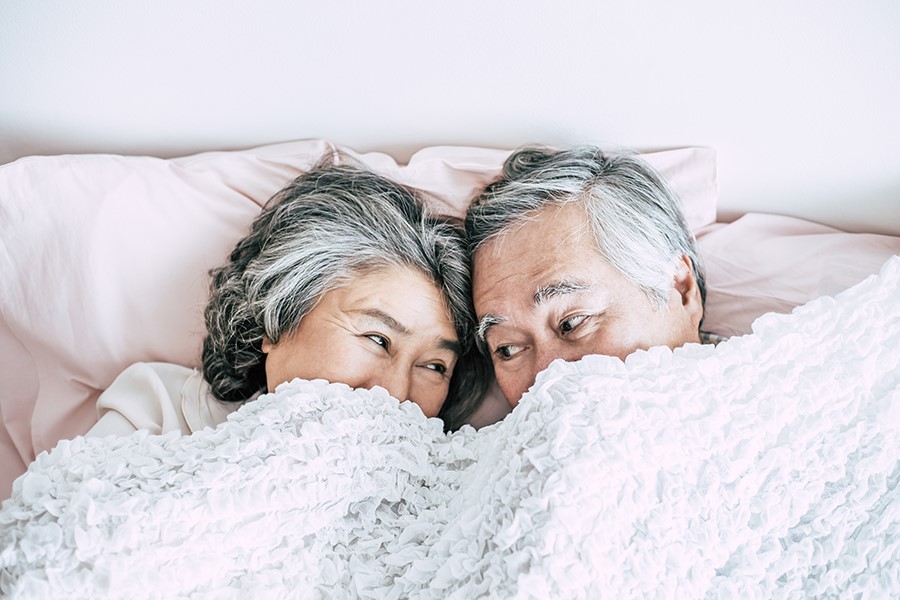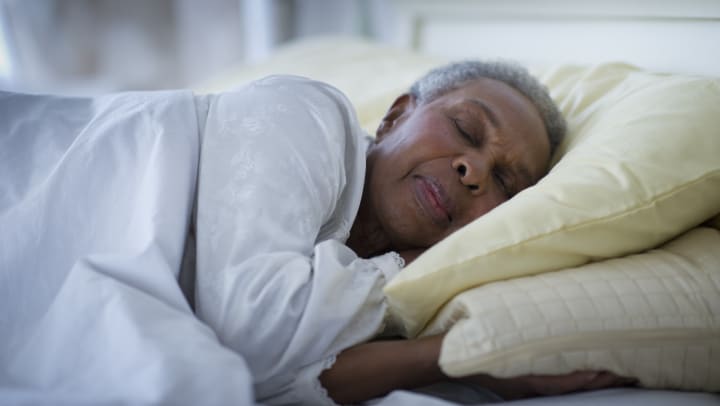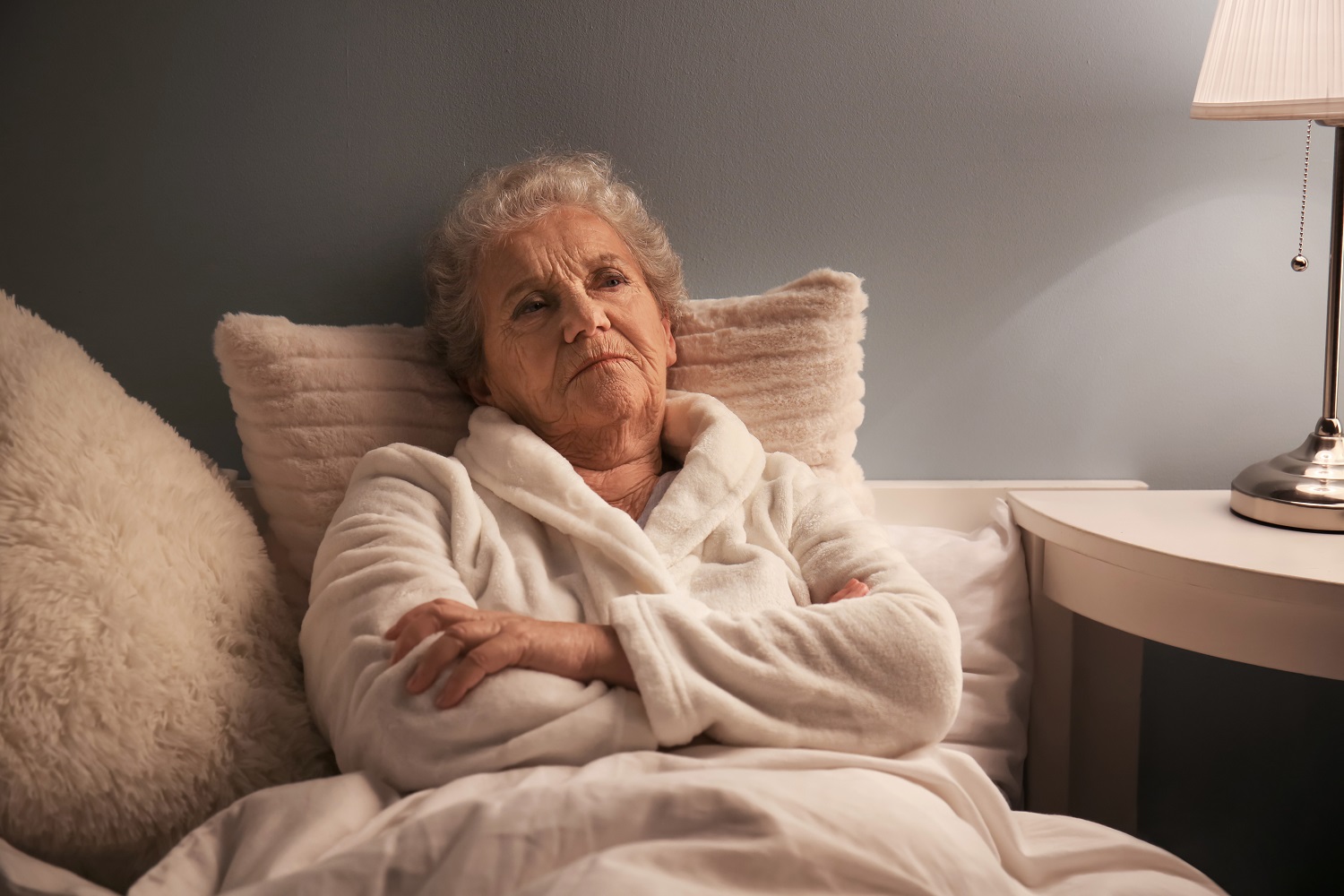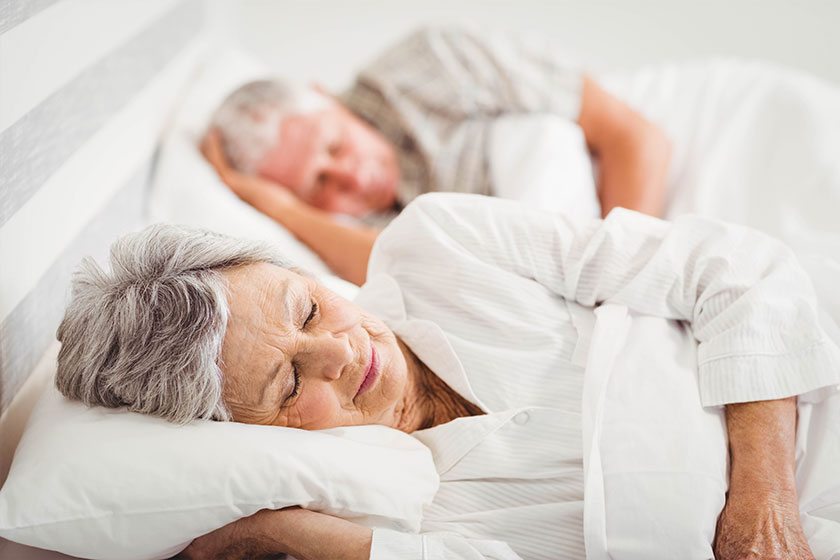Is It Normal For Elderly People To Sleep A Lot
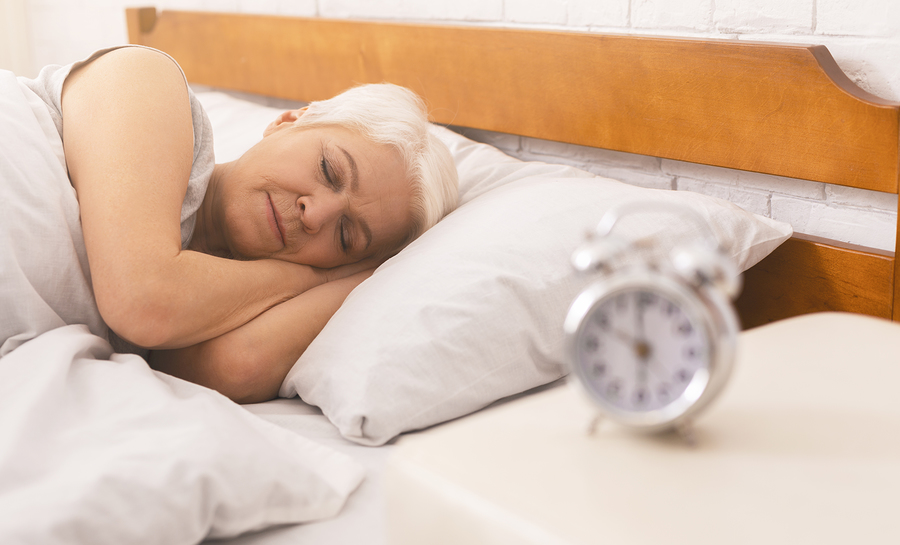
As we age, changes in sleep patterns are common, prompting questions and concerns among families. One frequent observation is that elderly individuals often seem to sleep more. But is this increased sleepiness simply a normal part of aging, or could it indicate underlying health issues?
This article explores the complexities of sleep in older adults, examining what constitutes normal sleep behavior, potential causes of increased sleepiness, and when it's crucial to seek medical advice. Understanding these nuances is vital for ensuring the well-being of our aging population.
Normal Sleep Changes With Age
It's generally accepted that sleep patterns change as we get older. These changes, however, don't always equate to needing significantly more sleep.
According to the National Sleep Foundation, older adults still require around 7-9 hours of sleep per night, similar to younger adults. The difference lies in the distribution and quality of that sleep.
Shift in Sleep Architecture
One key change is the fragmentation of sleep. Older adults tend to experience more frequent awakenings during the night, leading to less consolidated sleep.
They may also spend less time in deep, restorative sleep stages and more time in lighter sleep stages. This can result in feeling less refreshed upon waking, even if they've spent a considerable amount of time in bed.
Furthermore, the circadian rhythm, the body's internal clock, can shift. This often leads to earlier bedtimes and earlier wake-up times, a phenomenon known as advanced sleep phase syndrome.
Daytime Napping
The fragmented nighttime sleep often contributes to increased daytime napping. Short naps can be beneficial, improving alertness and cognitive function.
However, long or frequent naps can further disrupt nighttime sleep, creating a vicious cycle. The key is moderation and understanding the underlying reasons for daytime sleepiness.
When Excessive Sleepiness Becomes a Concern
While some changes in sleep patterns are normal, excessive sleepiness can signal an underlying medical or psychological condition. It is important to distinguish between normal age-related changes and problematic excessive sleepiness.
The American Academy of Sleep Medicine emphasizes the importance of evaluating daytime functioning. If excessive sleepiness is interfering with daily activities, relationships, or overall quality of life, it warrants investigation.
Potential Underlying Causes
Several factors can contribute to increased sleepiness in older adults. These include medical conditions, medications, and mental health issues.
Common medical conditions that can affect sleep include sleep apnea, restless legs syndrome, chronic pain, heart disease, and neurodegenerative diseases like Alzheimer's and Parkinson's.
Many medications, such as antihistamines, antidepressants, and pain relievers, can also cause drowsiness. A thorough medication review by a physician or pharmacist is crucial.
"Changes in sleep patterns are common as we age, but excessive sleepiness that impacts daily functioning should not be ignored." - Dr. Emily Carter, Geriatric Sleep Specialist
Mental health conditions like depression and anxiety are also strongly linked to sleep disturbances. Addressing these issues through therapy and/or medication can significantly improve sleep quality.
The Role of Lifestyle Factors
Lifestyle factors also play a significant role in sleep health. Poor diet, lack of physical activity, excessive caffeine or alcohol consumption, and irregular sleep schedules can all contribute to sleep problems.
Encouraging healthy habits, such as regular exercise, a balanced diet, and a consistent sleep-wake cycle, can often improve sleep quality. Creating a relaxing bedtime routine can also be beneficial.
Furthermore, ensuring a comfortable sleep environment, with a cool, dark, and quiet room, is essential. Limiting exposure to screens before bed is also recommended.
Seeking Professional Help
If you are concerned about an elderly loved one's sleep habits, consulting a healthcare professional is essential. A physician can evaluate potential underlying medical conditions and recommend appropriate treatment.
A sleep study, or polysomnography, may be recommended to diagnose sleep disorders like sleep apnea. Cognitive Behavioral Therapy for Insomnia (CBT-I) is another effective treatment option for chronic insomnia.
By addressing the root causes of excessive sleepiness, healthcare professionals can help older adults improve their sleep quality, enhance their overall health, and maintain their independence.
Conclusion
While increased sleepiness can be a normal part of aging, it's crucial to differentiate between typical changes and potential health concerns. Understanding the factors that influence sleep in older adults and seeking professional help when needed can significantly improve their quality of life.
By paying attention to sleep patterns and addressing any underlying issues, we can help ensure that our aging population enjoys restful nights and active, fulfilling days. Prioritizing sleep health is an investment in their overall well-being and independence.
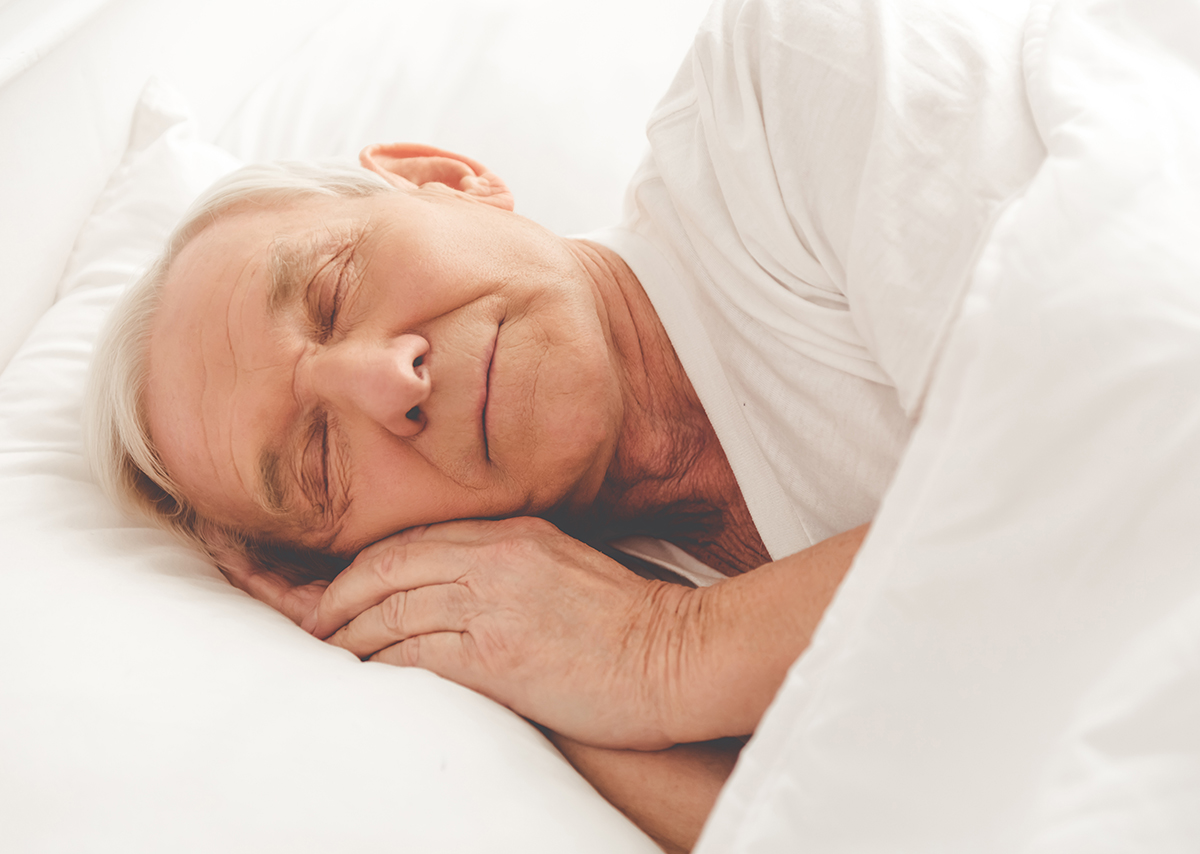


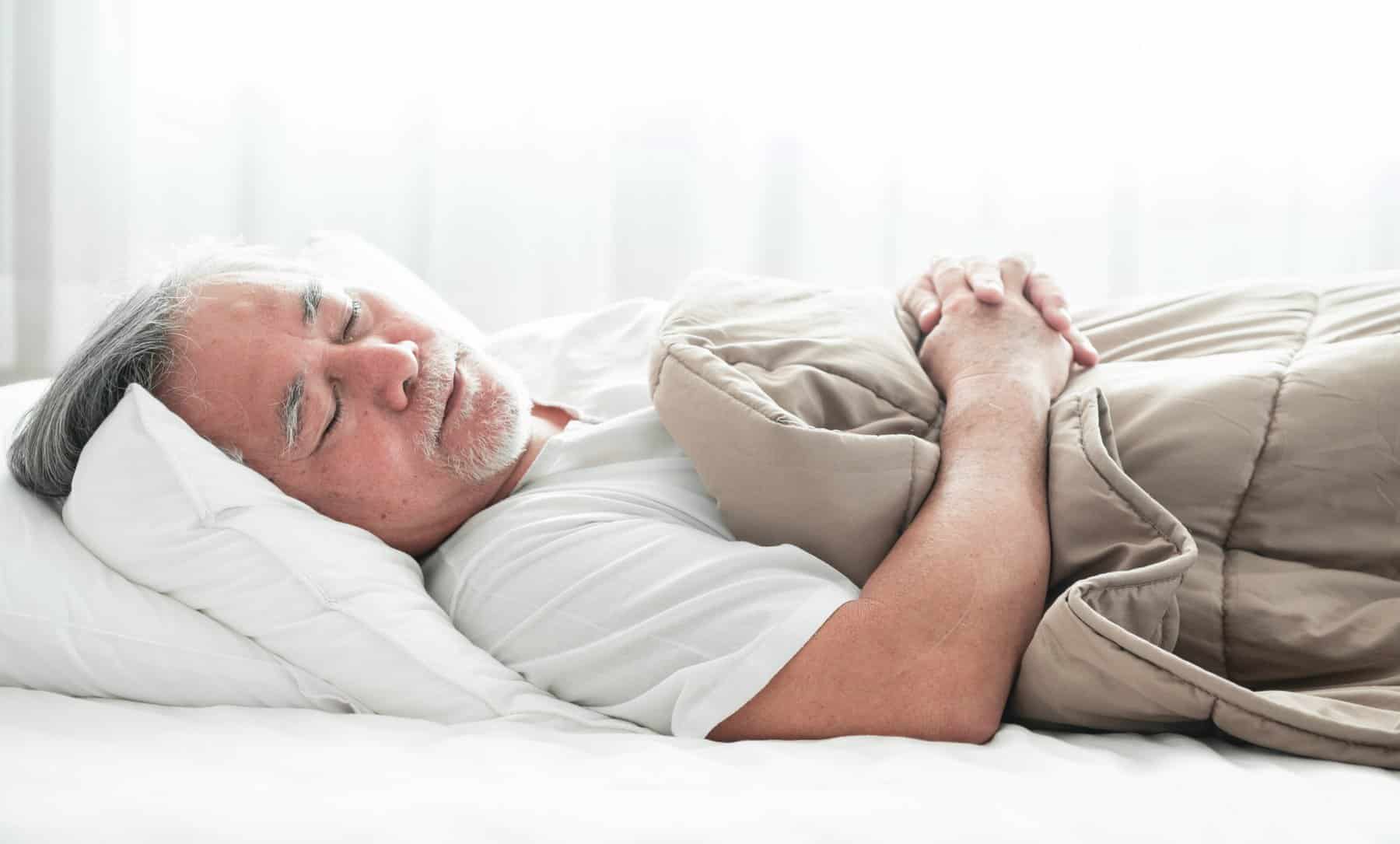

![Is It Normal For Elderly People To Sleep A Lot Why Do Old People Sleep So Much? [+ Tips To Improve Sleep]](https://alwaysbestcare.com/wp-content/uploads/2024/06/why-do-old-people-sleep-so-much-hero-image.jpg)
